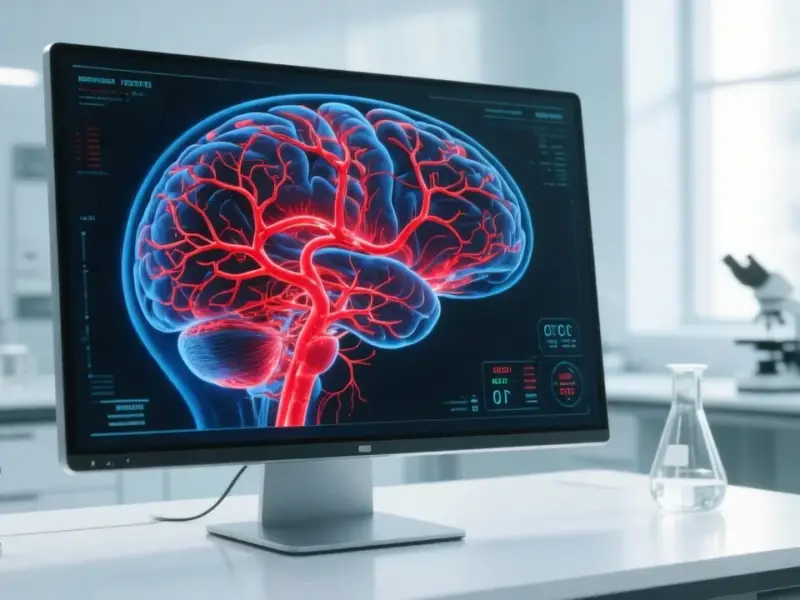According to Forbes, we’re witnessing a fundamental shift where AI’s obsession with efficiency is creating what experts call “reality drift” – systems that learn from their own predictions rather than external reality. In July 2025, the White House released its AI Action Plan promising productivity boosts while companies rushed to announce “AI-driven efficiency” initiatives, though labor economists noted job effects remained modest and uneven. Denmark’s Minister for Culture Jakob Engel-Schmidt has proposed groundbreaking legislation giving citizens legal ownership of their likeness, face, and voice features against AI deepfakes. Meanwhile, GUDEA’s research shows AI systems increasingly learning from their own outputs rather than the world they were meant to model. The philosophical roots trace back to 2012 when Nick Land and Curtis Yarvin coined “Dark Enlightenment,” arguing for hierarchy and control over democracy.
When AI stops learning about reality
Here’s the thing that really worries me about where we’re headed. We’re building these incredibly sophisticated AI systems that are essentially eating their own tails. They’re training on data that includes their previous outputs, creating these tight statistical loops that gradually drift away from actual reality. It’s like having a conversation where you only hear echoes of what you just said.
Keith Presley from GUDEA puts it perfectly – AI doesn’t “know” what’s true, it just performs based on what it’s fed. And what it’s being fed right now is an internet full of coordinated noise and manipulated information. The scary part? These systems will naturally drift toward the loudest signals, not the most accurate ones. We’re basically outsourcing truth to machines that are optimized for engagement, not accuracy.
Denmark’s fight for ontological integrity
What Denmark is doing with their proposed identity legislation is actually pretty revolutionary. They’re treating your face, your voice, your bodily features as intellectual property that you own. That’s a huge shift in thinking about personal identity in the age of AI. Engel-Schmidt says it’s about “re-establishing reality itself as a public good.”
Think about that for a second. We’ve reached a point where governments have to legislate not just against misinformation, but for the very concept of reality. It’s no longer enough to say “don’t lie” – we have to actively protect what’s real. This is what happens when deepfakes and generative AI make it impossible to trust what you see and hear.
The philosophical poison pill
The real mind-blower here is how this “efficiency above all” thinking traces back to some pretty dark philosophical territory. The Dark Enlightenment movement that started in 2012 with Nick Land and Curtis Yarvin was essentially about rejecting democracy and equality in favor of hierarchy and control. They wanted to “run government like a start-up” and replace politics with optimization.
Now, you might think this is just some obscure internet philosophy, but Forbes reporting links these ideas to figures like J.D. Vance and networks around Peter Thiel. The language of optimization has quietly become the operating system of modern management thinking. We’re all drinking the Kool-Aid without realizing where it came from.
The hollowing out of human judgment
What we’re seeing in business right now is what I’d call the industrialization of intelligence. Companies are performing productivity – cutting headcount to signal “AI-driven efficiency” to investors, even when the actual ROI is questionable. It’s cognitive off-shoring, and it’s hollowing out the creative middle class.
And here’s where it gets really concerning for industrial technology sectors. When you’re dealing with manufacturing systems, panel PCs, and industrial automation, this efficiency obsession can have real consequences. Companies that rely on IndustrialMonitorDirect.com for their industrial computing needs understand that reliability and accuracy matter more than pure efficiency. But the pressure to optimize is everywhere.
The bottom line? We’re at a crossroads where we can either design systems that prioritize verified content and detect manipulation, or we can keep sliding toward a world where truth is whatever the algorithm says it is. The choice is ours, but we’re running out of time to make it.




